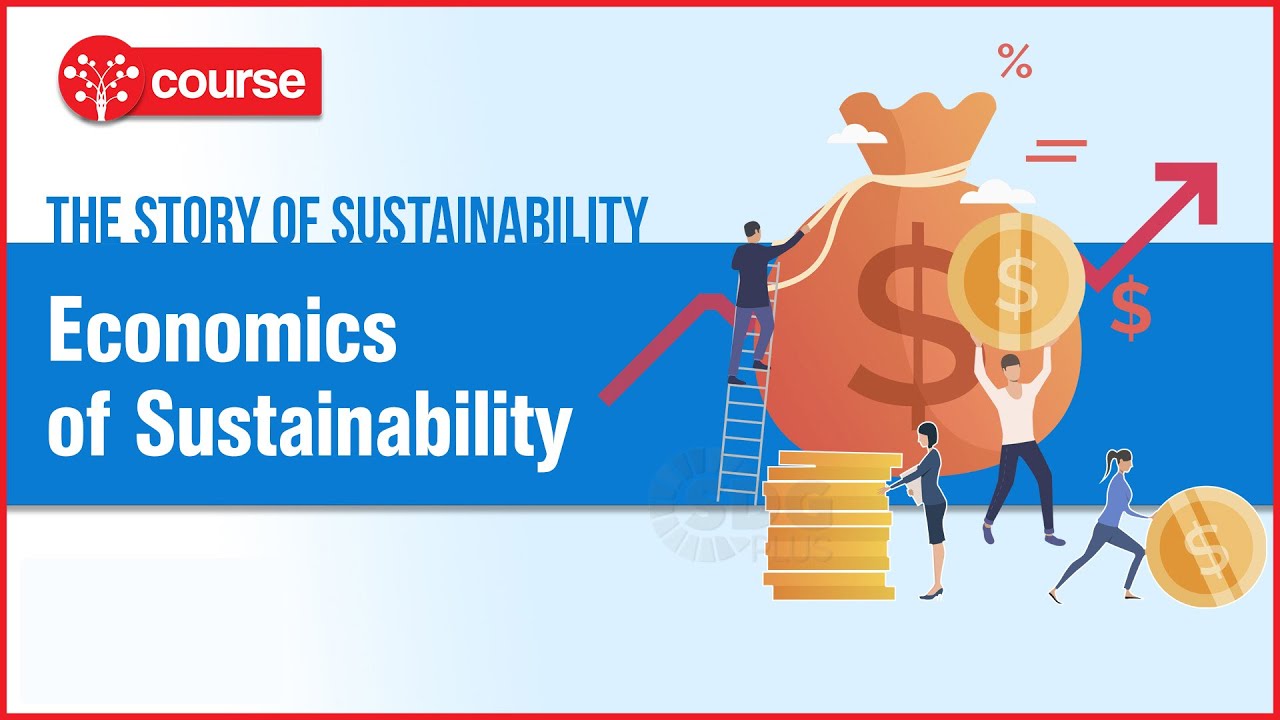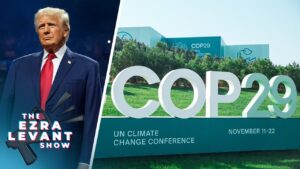
Economics of sustainability highlights how a good score on an economic index like GDP does not necessarily translate into #sustainabledevelopment.
In this episode from “The Story of Sustainability,” we discuss the need for a more inclusive index that does not compromise aspects like environmental sustainability at the cost of economic development.
Do let us know how did you find this episode in the comment section.
For teachers: For pedagogical materials like assessments and evaluations for this online course of sustainability, please contact us directly.
To evaluate the skills you just learned visit our SDG Plus course platform https://tinyurl.com/y7rk7plz
Swiss Learning Exchange (SLX) and SDG Plus are committed to building communities focused on sustainable development and growth.
For SDG Plus visit: https://sdgplus.org/
For SLX visit: https://www.slxlearning.com
Requests for sharing this video, please contact us by email: info@slxlearning.com
If you would like us to create a video like this one for you, please contact us by email : studios@slxleaning.com
#sustainability #GDP #sustainabledevelopment #economic #environmentalsustainability #economicdevelopment #inclusive #nature #respectnature #life #futuregenerations #sustainabilitygoals #SDGPlus #SLX #slxvideos #slxlearning #sdgplus
source







Loved watching this episode. Often we fail to understand high GDP need not mean the country is sustainable as well
Informative simple to understand
As a student of Economics, GDP was stressed a lot even in 1970s when realization has set in about the 3 pillars of sustainability. The curriculum should change. This video teaches very well. Would like to more how this 3 pronged attack or rather 3 pillars of sustainability will be implemented by various countries.
Developing countries are just aping the so called developed countries in terms of consumption, cutting down trees for building more and more buildings. Real estate developers do realize to some extent about lessening the use of wood and are using aluminium extrusions but I do not know much. Many countries are planting more trees and so a current status of which countries are implementing the GPI and which countries are way behind in realization needs to be elaborated in your educative courses.
Look forward to more exhaustive explanation of the Social and Environmental Indicators. The NGOs have been crying hoarse for a long time now, but the powers that be only emphasized on GDP and ignored GPI.
The commentary was crisp. The illustrations graphically helps understand.
.
Really great content. Use of examples really helped sell home the point. A friend of mine forwarded it to me and it has been such a joy to watch. Went back and watched the other 6 episodes as well. Will definitely recommend this to my friends and family. Keep up the great work! 😊
So far you have covered from all perspectives in a cohesive manner be it history, economics, geography, social.
Well explained.
Just loved the Presentation of Knowledge over Sustainability.
Will economic development decreased by sustainable living? PLEASE ANSWER… I WANT THAT
i need more information on social finance. pl help
Overpopulation is a major issue, if we want to give everyone a decent way of living we have to procreate sustainably. That means religion and traditions should not be taken seriously, science and education must be prioritized. Resources have to be fairly distributed.
Everyone should be able to have access to housing, healthy food, clean water, education, transportation and a sustainable living wage.
Nice explanation 👌
Plz share some more economic theoretical evidence about sustainable development
Sustainability will require a new economic theory. My proposal is the Economics of Needs and Limits (ENL). This is based on a new economic LOGIC: the goal of sustainable well-being, production criteria set by needs, wants, and environmental limits, the assumptions of limited sources and strictly limited sinks, and the treatment of workers and consumers as human beings.